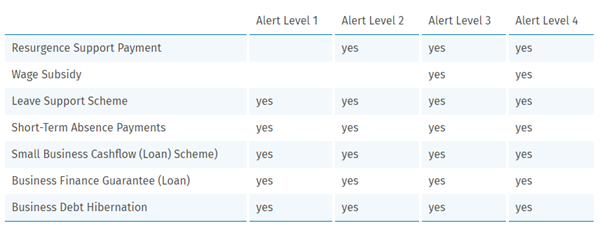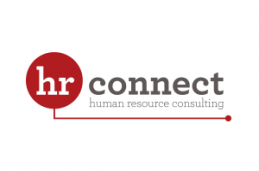Looking After Your Employees

There is so much information out there at the moment for employers managing their employees during the resurgence of Covid-19 in New Zealand, to make things easier for you, here is a summary of the key points, focussing on:
Looking after your employees during Covid-19
Vaccinations
Summary of Support Available for Businesses
_______________________________________________________________________________________________________________________________________________________________________________________________________________________________________
Looking after your employees during Covid-19
The best things you can do as an employer:
- Encourage and support workers to stay home if they are sick. The ‘she’ll be right’ attitude is not acceptable during a pandemic. Coming to work when unwell puts other employees and the company as a whole at risk
- Make sure your employees know how much sick leave they have, they need to understand that taking sick leave is the right thing for them to do, for themselves, the company and New Zealand.
- Consider working from home options when an employee can’t come to work, if not then discuss what paid or unpaid leave they might be entitled too.
- Pay and manage employees based on the terms of their agreement (during all alert levels). Talk to your employees before making any changes to their work hours, the days they work or the jobs that they do.
- Encourage COVID-19 vaccinations (more details below)
_______________________________________________________________________________________________________________________________________________________________________________________________________________________________________
Vaccinations
The New Zealand’s COVID-19 Immunisation Programme states that New Zealand needs 70% of our population to be vaccinated to provide herd immunity. Herd immunity occurs when a large portion of a community (the herd) becomes immune to a disease, making the spread of disease from person to person unlikely. As a result, the whole community becomes protected — not just those who are immune.
Employment NZ states that for businesses to help New Zealand’s COVID-19 Immunisation Programme succeed, it is recommended that employers encourage and support workers to get vaccinated.
This could include:
- Facilitating on-site vaccinations.
- Allowing workers to get vaccinated during work hours without loss of pay.
- Providing workers with relevant and timely information from the Ministry of Health about vaccination and its benefits.
Employer Do’s
- Engage workers (and unions if applicable) when considering vaccination issues at your workplace.
- Communicate and provide factual information about the vaccination to employees, consider who you are engaging with and how you are communicating. The Ministry of Health Website has a number of vaccination resources in different languages located at:
- Gain employees informed consent.
- Assess the risk of workers not being vaccinated in your business- are there specific roles that require vaccination?
- Have a plan in place for management of workers who decline vaccination, for example: confidentiality, business response, at risk roles
- Consider temporary and casual staff - what requirements to you have from them and their employers.
_______________________________________________________________________________________________________________________________________________________________________________________________________________________________________
Summary of Support Available for Businesses:
The below is a summary of the support available to businesses, this includes payment of employees who are off work after being tested for COVID-19 or where needing to self-isolate.
Resurgence Support payments: A Resurgence Support Payment may be activated if the alert level increases from Level 1 for a week or more. Businesses and organisations will be eligible if they experience a 30% drop in revenue over a seven day period after an alert level increase and meet other eligibility criteria. This drop is compared to a typical seven-day period in the six weeks before the increase in alert level. Seasonal businesses should show a 30% revenue drop compared with a similar week the previous year.
This payment is not a loan, so does not need to be repaid. The payment must be used to help cover business expenses such as wages and fixed costs. Applications will remain open for 1 month after the return to Alert Level.
Wage Subsidy: The Wage Subsidy March 2021 is a payment to support employers, so they can continue to pay employees and protect jobs for businesses affected by the rise in alert levels on 28 February 2021.
Leave Support Scheme: The COVID-19 Leave Support Scheme is available for employers, including self-employed people, to help pay their employees who need to self-isolate and can't work from home. This means your workers:
- can't come into work because they are in one of the affected groups and have been told to self-isolate, and
- can't work from home.
There is eligibility criteria for the leave support scheme, find out more here...
Short term absence payment: The COVID-19 Short-Term Absence Payment is available for businesses, including self-employed people, to help pay their workers who cannot work from home while they wait for a COVID-19 test result. There’s a one-off payment of $350 for each eligible worker. This is available to self employed workers.
At what levels can businesses receive these payments?
Article written by Lee Powell, HR Connect Limited - your HR and H&S Specialists


